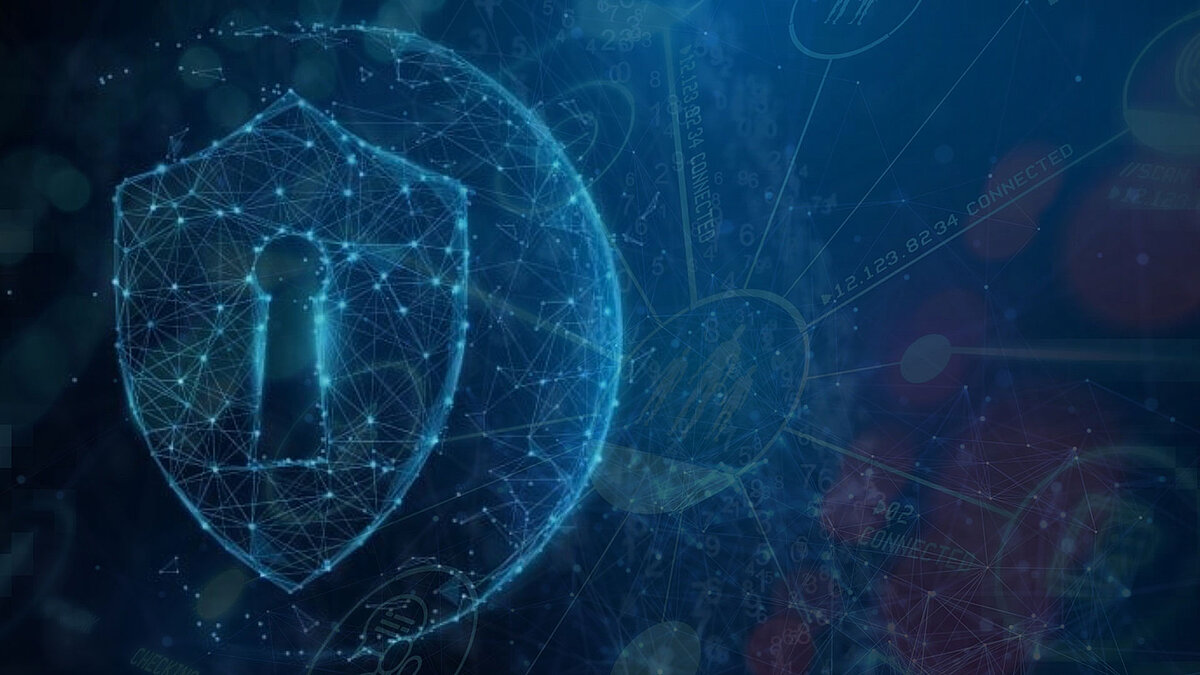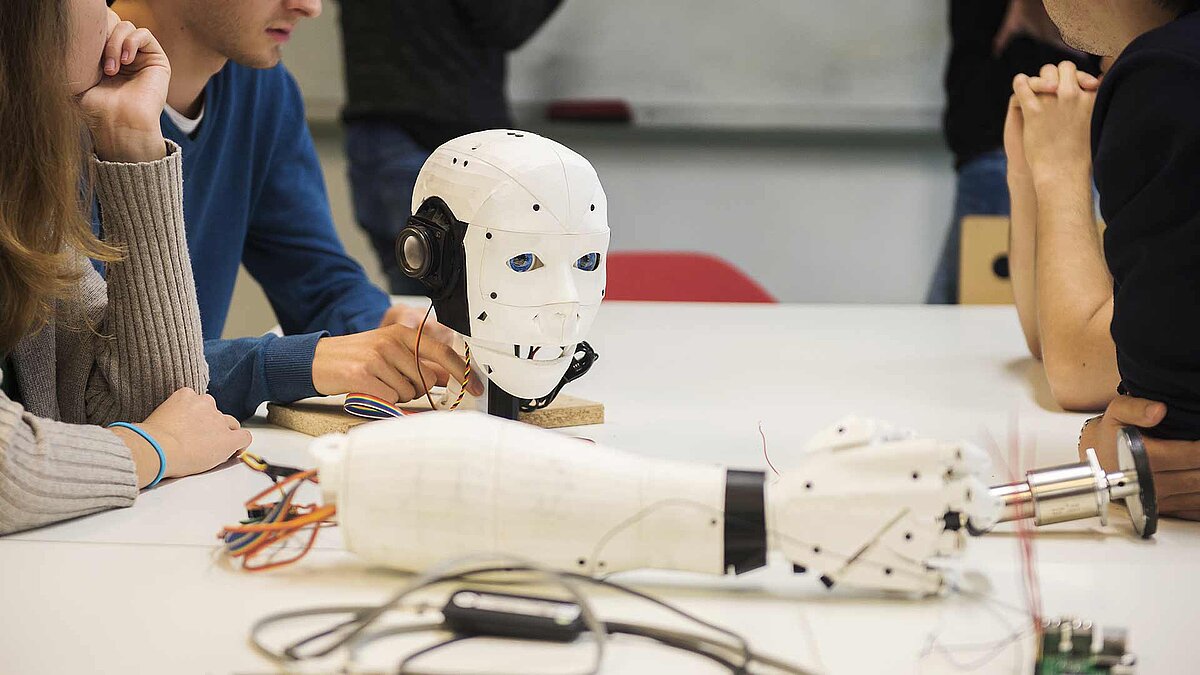
Cybersecurity engineer programme
ESIEE Paris offers a specialization in cybersecurity within its engineering programme during the last two years of the course, accredited by the CTI and certified by the ANSSI (National Agency for Information Systems Security)
Degree
Engineering
Modality
Full-time
Duration
2 years
Degree level
Bac +5 master's degree
Why should I become a cybersecurity engineer?
Cybersecurity aims to protect computers, servers, mobiles, electronic devices, networks and data, from malicious attacks.
Due to the growing number of everyday cyberattacks, it is crucial to train experts able to prevent and anticipate those attacks. The main role of a cybersecurity engineer is to protect all kinds of IT infrastructure. There is a huge need for such experts in all relevant fields (industry, education, entertainment, health, government, military…).

The Cybersecurity course is certified by ANSSI
What will the programme bring me?
Objectives
- To conduct security audits : identification, assessment and treatment of risks
- To test the robustness of systems, look for possible flaws using pentest, etc
- To secure a computer or a IT system
- To understand and analyze the consequences of a cyberattack
- To understand the legal context
Skills
- Estimating the security level of a system
- Carry out audits, search for flaws
- Formalising security needs
- Reading and writing audit reports
- Applying protective measures
- Master the fundamentals in the main areas of information security
- Be familiar with security-related technologies and associated tools
Professional opportunities
Examples of applications
- Fighting against fraud (hacking, ransomware, phishing)
- The security of information systems
- Operating systems, networks, hardware, etc.
Professions / Positions
- Security Architect
- Intrusion Testing Expert
- Security Developer
- Security Analyst / Consultant
- ISS Expert
- Post-Auditor (Forensic Criminal Cybersecurity, Compromise Analysis)
- Cyber-Security R&D
- IT Security Officer (Chief information security officer)
- Information System Defense / Attack
- Architect Engineer
Sectors of activity
- Institutional (ministries, local governments, etc.)
- Operator of Vital Importance (OVI)
- Operator of Essential Services (OES)
- Services (banking, finance, insurance, etc.)
Companies that have recruited graduates from this sector
Airbus Defence and SpaceMinistèresThalesOrangeCyberdefense Sopra Steria Devoteam Dassault SystemesCGI FranceHeadMind PartnersAgence du numérique en santéXMCO I-Tracing ...
96 %
of the young graduates found their first job within 4 month after of graduating (promo 2023)
90 %
of our students even found a contract before the end of their training
43 400 €
is the average annual gross salary (France and International)
How is the programme structured?
At the end of the first year of the engineering cycle, students choose their field of study. The course of study is spread over two years with compulsory and optional scientific and technical courses, management courses and modern languages.
Programme
2nd year of the engineering cycle
The courses take place over two semesters, each one subdivided into two periods. The first semester consists of two teaching periods. The second semester is made up of one teaching period and an internship period of at least 12 weeks. From January to April, students must work in teams on multidisciplinary projects proposed by industrial partners, laboratories or ESIEE Paris teachers. All students may take optional modern language 2 courses.
- UE - Advanced science and technology (330 h - 27 ECTS)
- UE - Open science and technology (110 h - 10 ECTS)
- UE - Management and human sciences (120 h - 7 ECTS)
- UE - Modern languages (92 h - 6 ECTS)
- Internship (12 ECTS)
3rd year of the engineering cycle
The courses take place over in two semesters. The first semester consists of two teaching periods. In the second semester, the student must complete an end-of-studies internship of at least 24 weeks (6 months) in a company or research laboratory.
- UE - Advanced science and technology (180 h - 18 ECTS)
- UE - Open science and technology (60 h - 5 ECTS)
- UE - Management and human sciences (90 h - 5 ECTS)
- UE - Modern languages (42 h - 4 ECTS)
- Internship (30 ECTS)













